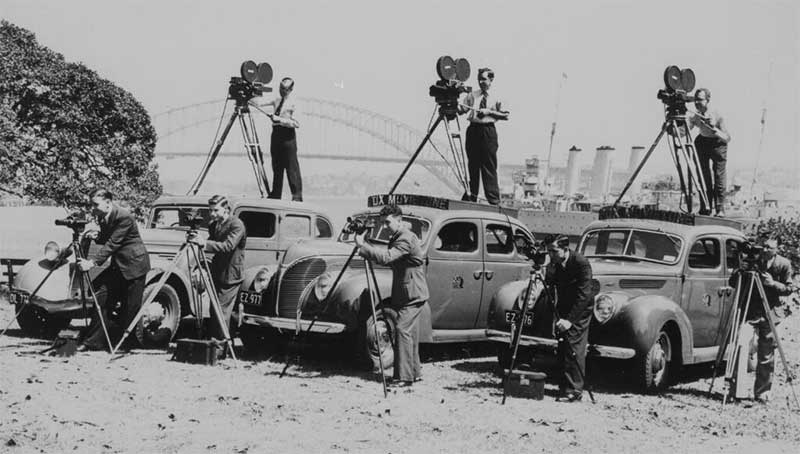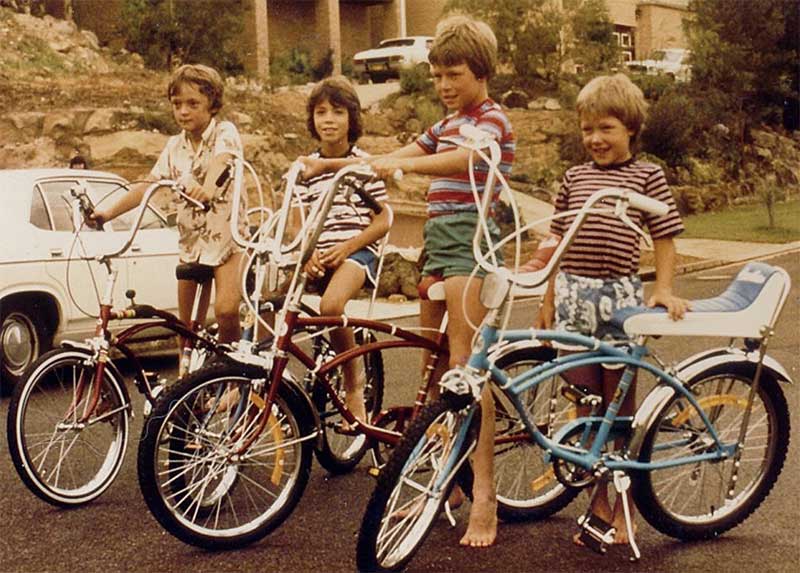Historical Fiction: Fixing Your Plot Holes

Working around a troublesome detail in your book is every writer’s worst fear. But fixing your plot holes doesn’t have to be a nightmare. History can provide you with a simple solution.
In my writing, I tend to be a pantster. I usually have some sort of vague idea of the entire storyline, creating the details and plot points as I go along. That often results in me having to go backwards a little bit to change a detail to make my plot work. Sometimes, no matter how much backward and forward there is, I’m stuck with a plot hole I just can’t seem to fix.
For those writers that are planners, even the most detailed structuring of your novel can leave the writer with plot holes, obstacles to overcome and, let’s face it, elements that just don’t work.
As writers we ask ourselves “Why?” And what do we do about it?
Technology Gets In The Way
Today, information is instantaneous and abundant at our fingertips. I remember when a manhunt for a criminal lasted weeks, months, or even years. Now because of all the technology available to us, crimes and mysteries (even personal ones) are solved a lot faster. Police have CCTV, DNA, and electronic monitoring. They can follow bank and credit card transactions, have access to global identification databases and criminal files, and broadcast news and APBs almost instantly. Most would-be criminals don’t stand a chance.
There was a time, not so long ago, when even the news could take days to reach the public.

Nowadays we are surrounded by technology in every facet of our lives. For some people, especially the younger generations, our entire existence is available on social media with a few mouse clicks. Hardly anyone pays with cash anymore – we use debit and credit cards, phone apps, and bitcoin. Cameras are everywhere – CCTV, security systems, cell phones, dashcams, and even our doorbells. Our purchases can be catalogued through on-line banking, credit card and phone statements, Amazon accounts, and so on. Our conversations and communications are recorded through texting, cell phone records, emails, Zoom and WhatsApp, and Facebook Messenger. Sometimes even our “offline” activities are being monitored now that we have smart home technologies featuring Siri and Alexa.
Considering all this technology writers have to deal with, it might prompt you to turn your simple heist novel into a “this is how my criminal used flaws in technology to commit a crime” story. For that, you will need a TON of research. And you’d better know an awful lot about the tiny details of the technology you’re knocking down in your writing. Unless you’re a programmer or technical security specialist, most of us simply aren’t that savvy. And if you get it wrong, someone will notice and your plot will become unbelievable.
Now what?
Benefits of a Historical Setting
If your plot won’t work because technology is getting in the way, consider changing your setting to that of a historical era.
When the word “historical” comes up, many people often imagine a Victorian or Edwardian age. Or perhaps the settlers of North America. It doesn’t have to be that way. Changing the setting of your novel to a historical era doesn’t necessarily mean having to go back a hundred or two hundred years. Depending on the difficulties your main characters need to face, a few decades might be all you need to rewind.
Think about it. Twenty years ago, technology was very different. At the turn of the millennium, Police body cams and dashcams were almost non-existent. Not as many people had home security systems and even when they did, they were remotely monitored by security companies. There was no Uber or Lyft.
Thirty years ago, people paid for their groceries with cash, debit or credit card. Since there were no smart phones, there was also no Apple Pay, Paypal, or e-transfer. People still carried Nokias and flip phones, and texting was a pain in the butt without a keyboard on your screen (unless you had a Blackberry and those were mostly in the hands of CEOs and Wall Street stockbrokers).
Forty years ago … well, I think you see where I’m going with this. If you want to circumvent a plot hole caused by technology or modern resources, figure out how far back you have to go before that was an issue.

People Were Different, Too
Technology isn’t the only reason to set your novel in a historical time period. As technology has grown and taken over society, so have humans grown and adapted to it. Before technology people were … different.
Since we didn’t have the same technology we have today, we had to find ways to accomplish the same way of life without it. We also didn’t have access to endless resources as we do today with the internet. As a result, people were much more naive or uninformed about issues that are common knowledge today. Yes, back in 1980 there was such a thing as sexual harassment, but we didn’t have a name for it, or we may not have known that those uncomfortable feelings we had weren’t our fault. Gun laws were different – it was much easier for people to own them. We weren’t constantly available for contact – we had to be near a landline to make or receive a call. Squabbles broke out over which TV program to watch – most families only had one TV. Gold bullion was transported in armored vehicles that were not equipped with GPS locators or tracking devices. People could easily get lost, disappear, or be out of reach. During summer break, children left home first thing in the morning and didn’t come home until the streetlights were on and parents had no idea where they’d been – and no one was worried.

The Love of Nostalgia
Going back to an earlier time can save you a lot of headaches by overcoming technology and filling in some of those circumstantial plot holes. However, there is another reason for a historical setting.
Nostalgia. You’d be hard-pressed to fine anyone who doesn’t have fond memories of days gone by.
Remember that toy we had when we were kids? Remember when mom gave us nickels to buy penny candy at the corner store? Every time I hear that old song it reminds me of … I had to stand in line for an hour to get tickets to see Terminator 2 at the theater when it came out. Our phone was on a party line we shared with the next door neighbor who talked so much we could never make a phone call, and when we did, she’d listen in on it.
Sure, a lot of nostalgia brings back the warm and fuzzies, but sometimes nostalgic memories remind us of tragedies still spoken of by the people who witnessed them. Although tragic, those events are indelibly etched in the minds of octogenarians who remember the day JFK was assassinated. Or a middle-ager who was stranded at the airport in a foreign country on 9/11.
A historic setting can transport your reader to a bygone era they connect with on a personal level.
So if you need to find a way to make your character disappear, for example, choosing a historical setting can make it much easier.
Besides, those not familiar with an era may find themselves learning something about a different time while they enjoy reading your novel.
Posts

